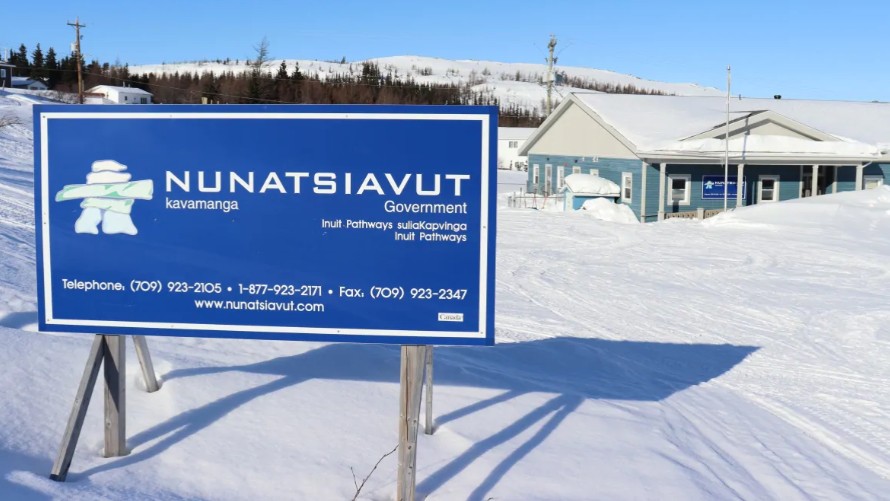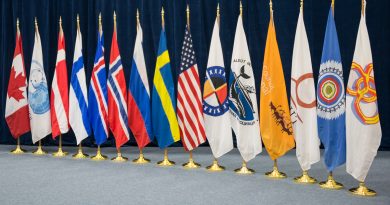Inuit gov in Atlantic Canada warns of possible contamination in wildlife

The government in Nunatsiavut, the Inuit region of Labrador in Atlantic Canada, is warning of possible wildlife contamination in their region as the result of a 2020 diesel spill.
The spill happened in Kaipokok Bay near the community of Postville.
In a news release on Thursday, the Nunatsiavut Government said the pandemic had delayed complete analysis but that partial results had found elevated levels of some diesel-related compounds in pigeon (black guillemot) eggs that had been harvested in Postville in 2020 and 2021, and near the community of Nain in 2021.
The government stressed it’s not known whether these results were the result of the spill, are present in other communities as well or whether it would have any impact on human health.
Reached on Friday, the Environmental Assessment department of the Nunatsiavut Government said they didn’t have any confirmed information on the source of the 2020 spill or how much diesel was released.
Testing ongoing
The Nunatsiavut Government said testing was ongoing and they were working to expand testing to other communities and species.
“The Nunatsiavut Government is currently in communication with Health Canada to understand the potential significance of these results in terms of consumption and human health,” the government said. “Testing is also ongoing to confirm the results, as well as for levels in eggs for saddlers (Great black-backed gull) and ducks (Common eider) and in adult birds for ducks and pigeons.”
The lack of full analysis means the government is unable to give beneficiaries guidance on consuming country food at this time, it said, but added it would give more information as further analysis are completed.
“The Nunatsiavut Government is asking beneficiaries to consider this uncertainty in their harvesting decisions this summer,” the government said.
Write to Eilís Quinn at eilis.quinn(at)cbc.ca
Related stories from around the North:
Canada: City in Arctic Canada says historical fuel spill likely source of drinking water contamination, CBC News
Finland: Citizens’ initiative prompts Finnish lawmakers to consider microplastics ban, Yle News
Greenland: Greenland accedes to UN treaty against mercury pollution, Eye on the Arctic
Sweden: Swedish raft made from trash draws attention to plastic pollution, Radio Sweden
United States: Climate change is worsening water scarcity in rural Alaska says study, Eye on the Arctic



